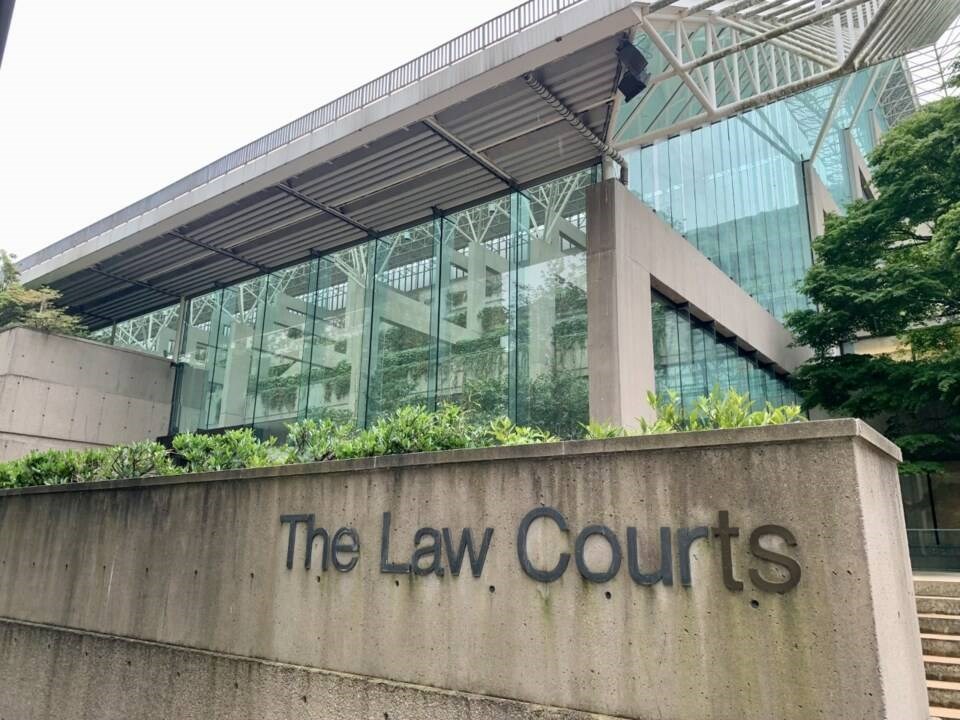A fee dispute between a small group of specialist eye doctors and the society representing B.C.’s eye doctors and surgeons means 20,000 mostly elderly patients being treated for serious eye conditions could be without treatment next month.
The retinal specialists want the B.C. Society of Eye Physicians and Surgeons, which is responsible for setting fees, to withdraw a proposal to cut some fees by a third, according to a petition filed in B.C. Supreme Court.
The petition filed by the Association of the B.C. Retinal Specialists, which represents 33 doctors, alleges the society is engaging in “unfair, prejudicial and oppressive conduct” with its plan to reduce the fees charged by the retinal specialists.
The retinal specialists have told their patients in a letter that unless the fee proposals are dropped, they’re withdrawing on March 31 from B.C.’s retinal diseases treatment program — which among other things covers the pricey drugs for patients — because the specialists’ fees would no longer cover their expenses.
The patients, whose average age is 78, require monthly injections to treat sight-threatening retinal diseases, such as wet macular degeneration and eye problems experienced by diabetics.
The specialists say they spent on equipment and staff to improve efficiencies which, along with using cheaper drugs, is saving the province $250 million a year.
In the letter to patients obtained by Postmedia, the specialists say the province has “proposed a 32 per cent reduction in compensation” and “with inflation, the rising costs of facilities, equipment, supplies and staffing, it is simply not sustainable” for them to continue in the program.
The letter said that if the fee cuts are not withdrawn, patients will have to pay upfront for drugs, administration and management fees, and then seek reimbursement from the province.
The B.C. Health Ministry said it is redeveloping the program to ensure patients would be cared for by retinal specialists with no cost for drugs, according to an email released by ministry media contact Amy Crofts. It said further details will be released.
The PHSA told patients in a recent post on its website they shouldn’t be asked by their retinal specialist to pay for medication or any associated clinical fees.
The B.C. Supreme Court petition said the proposed cuts to fees, which need approval by B.C.’s Medical Services Plan and Doctors of B.C., were made “under the pretence” the money would be redistributed to other ophthalmologists who earn less than other eye doctors. These include those who treat children, and people with neurological disorders or cancer.
The retinal specialists say the cuts will have an “immediate, enormous and harmful impact” on their businesses. They estimate the net loss of fees at $12 million a year, even after fee increases for the lower-paid doctors are factored in.
The retinal specialists call the proposed cuts “entirely unheard of in the B.C. medical profession.”
“We disagree with the characterizations made in the petition and we will be responding through the court process,” the past president of the Society of Eye Physicians and Surgeons, Dr. Marius Scheepers, said in a text message.
The society laid out its rationale for the proposed fee revisions in an article in the Doctors of B.C.’s 2022 annual report, saying it’s normal practice for societies to renegotiate fees, for example to reflect changes in technology that allow doctors to streamline their work.
It said one goal of the proposed fee changes is to close the gap between what is earned by doctors paid “disproportionately low” fees given the time and complexity required by their specialties and those who use new equipment to see more patients.
Retinal specialists are among B.C.’s highest paid doctors, according to the 2022-23 public list of medical service plan billings, with about 10 of them billing between $2 million and $3.7 million. The vast majority of B.C. doctors overall bill for under $500,000 a year, a small minority bill $1 million and more. But only a handful who bill over $2.5 million were not ophthalmologists, according to the list.
The president of the Association of the B.C. Retina Specialists, Dr. Derek Godinho, didn’t return a request for comment on Friday.
The retinal specialists are asking the court to order the society “immediately withdraw its fee change proposal.”
The petition said a “degree of animosity and resentment” toward retinal specialists emerged because their average billings rose faster over the years than billings by other ophthalmologists, partly the result of the diseases treatment program and the fact the specialists made the program more efficient.
But it said the earnings are misleading because the retinal specialists have higher costs and general ophthalmologists generate $750,000 to $1 million extra a year in private income from charging extra for better lenses during cataract surgery that is not included in their Medical Services Plan billings total.



